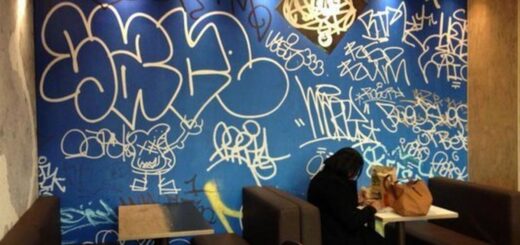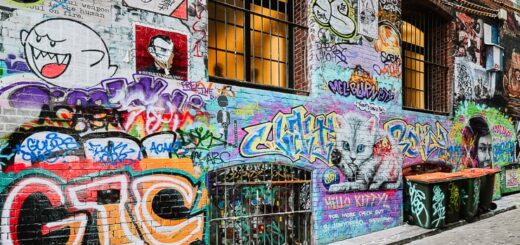Who Is Credited With Saving The Lives Of B Boys Rappers And Graffiti Artists?
Afrika Bambaataa is credited with saving the lives of B-boys, rappers, and graffiti artists by providing a positive outlet through Hip Hop culture.
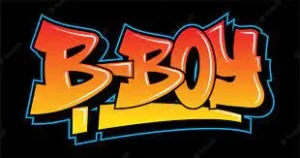
Who is Afrika Bambaataa?
Afrika Bambaataa is a legendary DJ and hip hop pioneer who is often referred to as the “Godfather of Hip Hop.” Born in the Bronx, New York in 1957, Bambaataa grew up during a time of social and political upheaval, as young people from marginalized communities were struggling to find a voice and a sense of belonging.
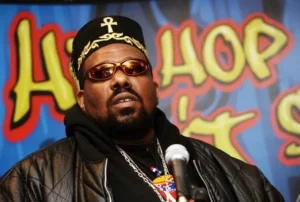
Bambaataa was a member of the Black Spades street gang, but he eventually turned away from violence and became a DJ, using his music and his skills as a DJ to bring people together and promote unity and peace.
How did Afrika Bambaataa save the lives of B-Boy rappers and graffiti artists?
Afrika Bambaataa is credited with saving the lives of B-Boy rappers and graffiti artists by providing them with a positive outlet for their creativity and energy. Through his community-based organization, the Universal Zulu Nation, Bambaataa created a safe space for young people to express themselves through hip hop, and to develop their skills as musicians, dancers, and artists.
By fostering a sense of community and belonging, Bambaataa helped to steer young people away from the dangers of gang violence and gave them a platform to showcase their talents and share their stories with the world.
The Legacy of Afrika Bambaataa and the Universal Zulu Nation
The legacy of Afrika Bambaataa and the Universal Zulu Nation is one of empowerment, unity, and positive change. Over the years, the organization has grown to include chapters in cities around the world, and its members continue to promote hip hop as a means of bringing people together and promoting social and cultural exchange.
Today, the Universal Zulu Nation is recognized as one of the most influential hip hop organizations in the world, and its members continue to inspire and influence new generations of hip hop artists and activists.
Who is credited as the godfather of hip hop?
DJ Kool Herc is widely credited as the godfather of hip hop. Born in Kingston, Jamaica, he immigrated to the Bronx, New York in the late 1960s. Herc began throwing parties in the early 1970s, where he would loop breakbeats from funk and soul records, allowing MCs to rhyme over the instrumental sections.
This marked the birth of hip hop, which would go on to become one of the most influential musical genres of the 20th century. Herc’s innovative approach to DJing and music production set the foundation for the development of hip hop music, making him a pivotal figure in the history of the genre.
FAQs
Who is considered the Godfather of Hip Hop?
Afrika Bambaataa is considered the Godfather of Hip Hop.
What was the purpose of the Universal Zulu Nation?
The Universal Zulu Nation was created to provide a safe space for young people to express themselves through hip hop and to develop their skills as musicians, dancers, and artists.
How has the legacy of Afrika Bambaataa and the Universal Zulu Nation influenced hip hop culture?
The legacy of Afrika Bambaataa and the Universal Zulu Nation has helped to preserve the legacy of hip hop culture and has inspired new generations of hip hop artists and activists. The organization’s emphasis on unity and positive change continues to shape the identity of hip hop and to promote social and cultural exchange.
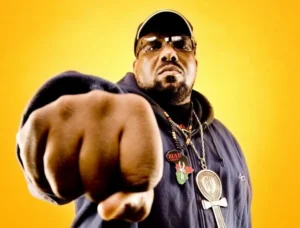
Conclusion
In conclusion, Afrika Bambaataa is a true hip hop legend who is credited with saving the lives of B-Boy rappers and graffiti artists. Through his community-based organization, the Universal Zulu Nation, Bambaataa provided a safe space for young people to express themselves through hip hop and to develop their skills as musicians, dancers, and artists.
His contributions have helped to preserve the legacy of hip hop culture and have inspired new generations of hip hop artists and activists. Today, the Universal Zulu Nation continues to promote unity, positive change, and cultural exchange through hip hop, and Bambaataa’s legacy lives on as a symbol of empowerment and resistance for people from marginalized communities all over the world.

